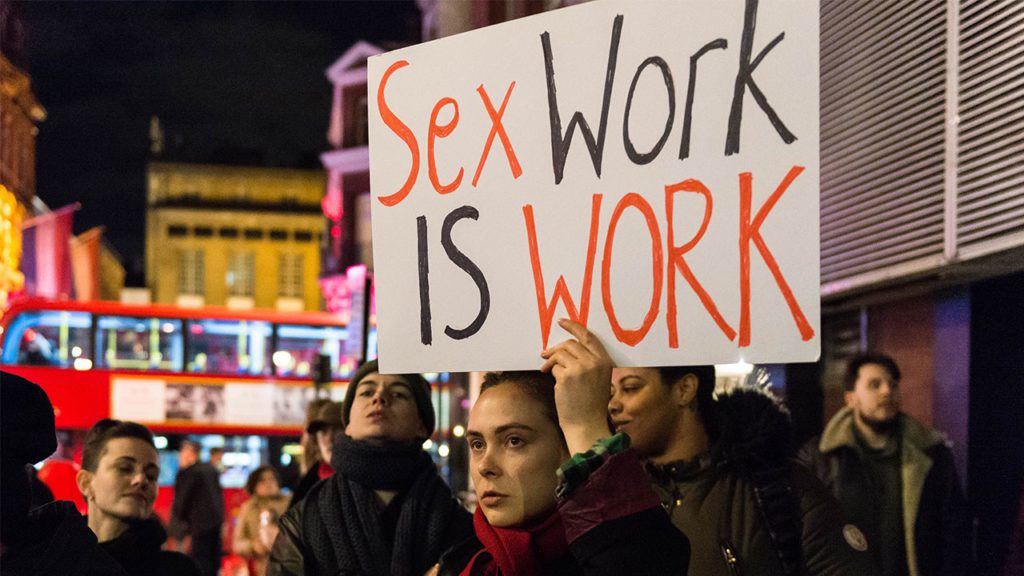
Importance of discourse
Even within our contemporary context, sex work remains a polarising and taboo subject. Even so, it is important to discuss the pitfalls and merits of this occupation with an objective lens. This is simply because people’s livelihoods, reputations and safety is at stake.
At the very least, policy makers, religious leaders and society at large should strive to be well informed on this subject.
Critiques of sex work
On the one hand, there are those that believe that sex work is not a legitimate career choice. Additionally, there are those that believe that the demand for this service leads to sex trafficking, gender based violence and STDs. There is also the underlying belief that women in this occupation have some type of former trauma. Along the same line of thought, there are studies which reveal that sex work actually causes trauma. Due to these reasons, many countries have criminalised prostitution.
Aside from the law, sex workers are prone to stigma and discrimination.
Advocators
Conversley, there are those that believe that sex workers (mostly women) are agents of choice. As such, sex worker’s bodies should not be subject to control by the state or the church. According to advocates, legalizing sex work overrides the black market for it and increases the chances that the practice will be done in a legitimate way; this may eventually lead to less violence and exposure to STDs.
The in-between
Somewhat in the middle, lies the nordic model. The Nordic model (first adopted by the Nordic countries and later on France, Israel, Ireland and Canada), criminalises the demand side of this occupation and focuses on rehabilitating sex workers. This model shifts the negative stigma from sex workers and places it on the demand side.
The nordic model has proven to be quite successful and can serve as a great alternative to contexts where absolute criminalisation or decriminalisation has failed.
Trans women in sex work
As long as we are discussing sex work, it would be remiss to neglect the unique problems that transfeminine sex workers face.
Firstly, trans women in sex work face police harassment in disproportionate numbers . Additionally, a transgender discrimination survey released in 2015 revealed that transfeminine sex workers were more likely to be denied hormones than transfeminine women that did not engage in sex work. This group is also more likely to have higher HIV rates than transwomen that are not in sex work. Lastly, this group is more likely to postpone medical care and have substance dependencies as well as mental health issues.
Information on the nuances and elements involved with sex work can help us advocate for the needs of sex workers in a more useful way. Most importantly, if policy makers hope to effectively tackle the dangers that arise with sex work, they should make a reasonable effort to understand what is actually happening on the ground. In essence, prior to assuming a definitive stance on the issue, it is imperative to have meaningful discourse.
About the Author

Amy Oloo completed her master’s in International Affairs at the American University of Paris and has a keen interest in issues that pertain to intersectional feminism.
Blog posts by this author:
Dark Skinned girls, you are beautiful!
Women in Sports: Lessons from the Women’s World Cup
The Sudan Massacre: Patterns of oversight in the Media
Women in conflict: untold narratives in the media
Mental illness and violence against women
Erasure of Black women in the fourth feminist wave